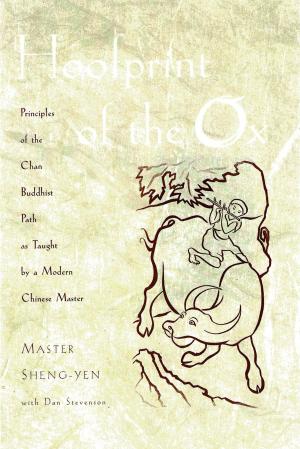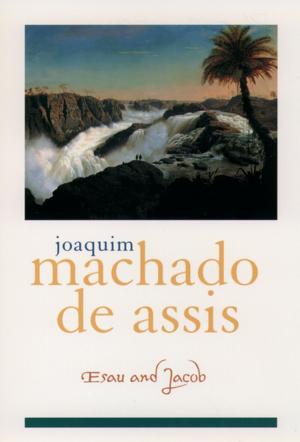The Music of Joni Mitchell
Nonfiction, Entertainment, Music, Pop & Rock, Popular, Music Styles, Theory & Criticism, History & Criticism| Author: | Lloyd Whitesell | ISBN: | 9780199885770 |
| Publisher: | Oxford University Press | Publication: | August 4, 2008 |
| Imprint: | Oxford University Press | Language: | English |
| Author: | Lloyd Whitesell |
| ISBN: | 9780199885770 |
| Publisher: | Oxford University Press |
| Publication: | August 4, 2008 |
| Imprint: | Oxford University Press |
| Language: | English |
Joni Mitchell is one of the foremost singer-songwriters of the late twentieth century. Yet despite her reputation, influence, and cultural importance, a detailed appraisal of her musical achievement is still lacking. Whitesell presents a through exploration of Mitchell's musical style, sound, and structure in order to evaluate her songs from a musicological perspective. His analyses are conceived within a holistic framework that takes account of poetic nuance, cultural reference, and stylistic evolution over a long, adventurous career. Mitchell's songs represent a complex, meticulously crafted body of work. The Music of Joni Mitchell offers a comprehensive survey of her output, with many discussions of individual songs, organized by topic rather than chronology. Individual chapters each explore a different aspect of her craft, such as poetic voice, harmony, melody, and large-scale form. A separate chapter is devoted to the central theme of personal freedom, as expressed through diverse symbolic registers of the journey quest, bohemianism, creative license, and spiritual liberation. Previous accounts of Mitchell's songwriting have tended to favor her poetic vision, expansive verse structures, and riveting vocal delivery. Whitesell fills out this account with special attention to musical technique, showing how such traits as complex or conflicting sonorities, dualities of harmonic mode, dialectical tensions of texture and register, intricately layered instrumental figuration, and a variable vocal persona are all essential to her distinctive identity as a songwriter. The Music of Joni Mitchell develops a set of conceptual tools geared specifically to Mitchell's songs, in order to demonstrate the extent of her technical innovation in the pop song genre, to give an account of the formal sophistication and rhetorical power characterizing her work as a whole, and to provide grounds for the recognition of her intellectual stature as a composer within her chosen field.
Joni Mitchell is one of the foremost singer-songwriters of the late twentieth century. Yet despite her reputation, influence, and cultural importance, a detailed appraisal of her musical achievement is still lacking. Whitesell presents a through exploration of Mitchell's musical style, sound, and structure in order to evaluate her songs from a musicological perspective. His analyses are conceived within a holistic framework that takes account of poetic nuance, cultural reference, and stylistic evolution over a long, adventurous career. Mitchell's songs represent a complex, meticulously crafted body of work. The Music of Joni Mitchell offers a comprehensive survey of her output, with many discussions of individual songs, organized by topic rather than chronology. Individual chapters each explore a different aspect of her craft, such as poetic voice, harmony, melody, and large-scale form. A separate chapter is devoted to the central theme of personal freedom, as expressed through diverse symbolic registers of the journey quest, bohemianism, creative license, and spiritual liberation. Previous accounts of Mitchell's songwriting have tended to favor her poetic vision, expansive verse structures, and riveting vocal delivery. Whitesell fills out this account with special attention to musical technique, showing how such traits as complex or conflicting sonorities, dualities of harmonic mode, dialectical tensions of texture and register, intricately layered instrumental figuration, and a variable vocal persona are all essential to her distinctive identity as a songwriter. The Music of Joni Mitchell develops a set of conceptual tools geared specifically to Mitchell's songs, in order to demonstrate the extent of her technical innovation in the pop song genre, to give an account of the formal sophistication and rhetorical power characterizing her work as a whole, and to provide grounds for the recognition of her intellectual stature as a composer within her chosen field.















